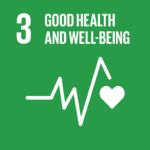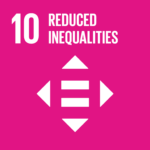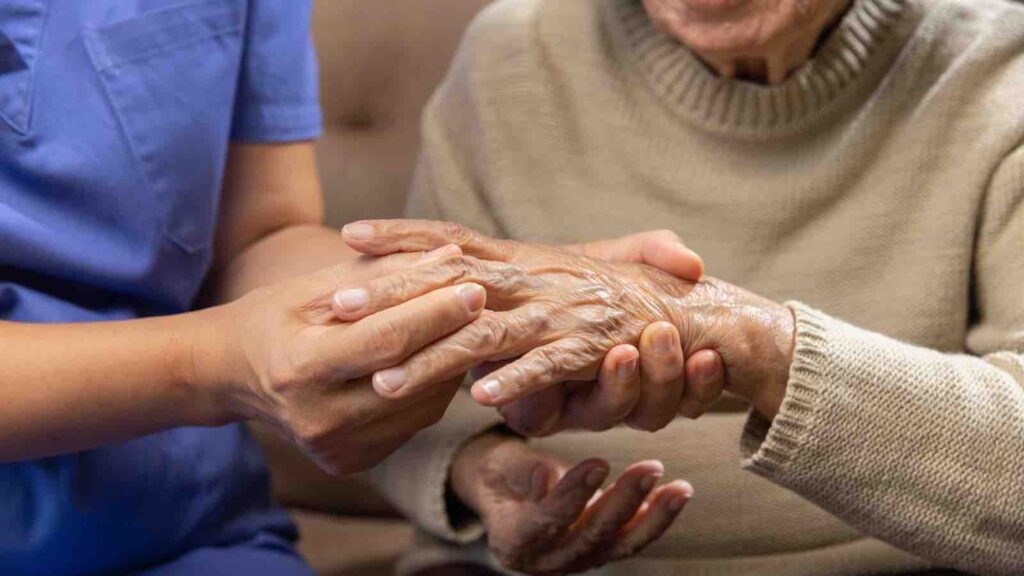The Intergenerational Self-Help Clubs (ISHCs) was established by the non-governmental organization HelpAge International in Vietnam in response to the need for care and assistance for aging population in Vietnam.
As Vietnam grapples with the challenges of an aging population, the Intergenerational Self-Help Clubs (ISHCs) are emerging as a vital community-based solution to support older people. Founded by HelpAge International in Vietnam, these grassroots clubs aim to address the growing need for care and assistance among the elderly, a demographic often overlooked despite the country’s rapid development.
RELEVANT SUSTAINABLE GOALS


The Aging Crisis in Vietnam
Vietnam, like much of the world, is experiencing a significant demographic shift. The number of people aged 65 and older globally has tripled from 260 million in 1980 to 761 million in 2021, and it is expected to reach 1.6 billion by 2050. Vietnam is no exception to this trend. The United Nations Population Fund projects that the number of Vietnamese over 60 will double from 11.4 million in 2019 to 22.8 million by 2039, making it one of the fastest-aging countries in the world.
Despite living longer, many older Vietnamese face a life of isolation and inadequate support. A significant portion of the elderly population lives alone, with 6.3% requiring daily assistance for basic activities such as eating, dressing, and bathing. This growing need highlights the limitations of Vietnam’s healthcare system, which, while advanced, has yet to fully cater to the specific needs of its aging citizens.
The Intergenerational Self-Help Clubs: A Grassroots Response
In response to these challenges, the ISHCs were established to provide mutual support among older adults, particularly those in vulnerable groups. Each club, comprising 50 to 70 members—primarily older people, women, and marginalized individuals—operates at the grassroots level to foster social participation, improve access to healthcare, and create income-generating opportunities for its members.
The ISHCs offer a range of services, including regular health checkups, home care, and assistance in accessing health insurance and other social services. These clubs also serve as cultural and educational hubs, helping older people stay engaged with their communities. For individuals like 78-year-old Bui Thi Duoi, who lives in the Cao Phong district of Hoa Binh province, the support provided by ISHC volunteers has been life-changing. Paralyzed due to illness, Bui receives regular visits from two ISHC homecare volunteers, significantly improving her quality of life. “Before, I often cried because I could sit only in one place. But since they (ISHC volunteers) come to help, my life has changed. I feel much happier now,” she says.
Expanding the Reach: A Collaborative Effort
What began in 2006 with just 60 clubs has expanded significantly, thanks in part to a partnership between the World Bank and the Japan Social Development Fund (JSDF) in 2021. This collaboration, along with efforts by the Association of the Elderly, has allowed HelpAge International in Vietnam to grow the initiative to 186 clubs across six provinces: Thanh Hoa, Hoa Binh, Quang Binh, Da Nang, Khanh Hoa, and Ninh Thuan. By 2024, the ISHCs have benefitted more than 24,725 people, ensuring that older adults in these regions have access to the care and support they need.
As Vietnam continues to age, the ISHCs provide a model for how community-driven solutions can address the unique challenges faced by older populations. Ensuring that the elderly have the right to a healthy and secure life is not just a social obligation but a crucial step toward achieving a society where no one is left behind.
Lead image courtesy of Toa55 from akaratwimages (caregiver massaging wrist of elderly woman in painful swollen go)
You may also be interested in :
As Temperatures Soar, Extreme Heat Turns Deadly Threat For Aging populations



